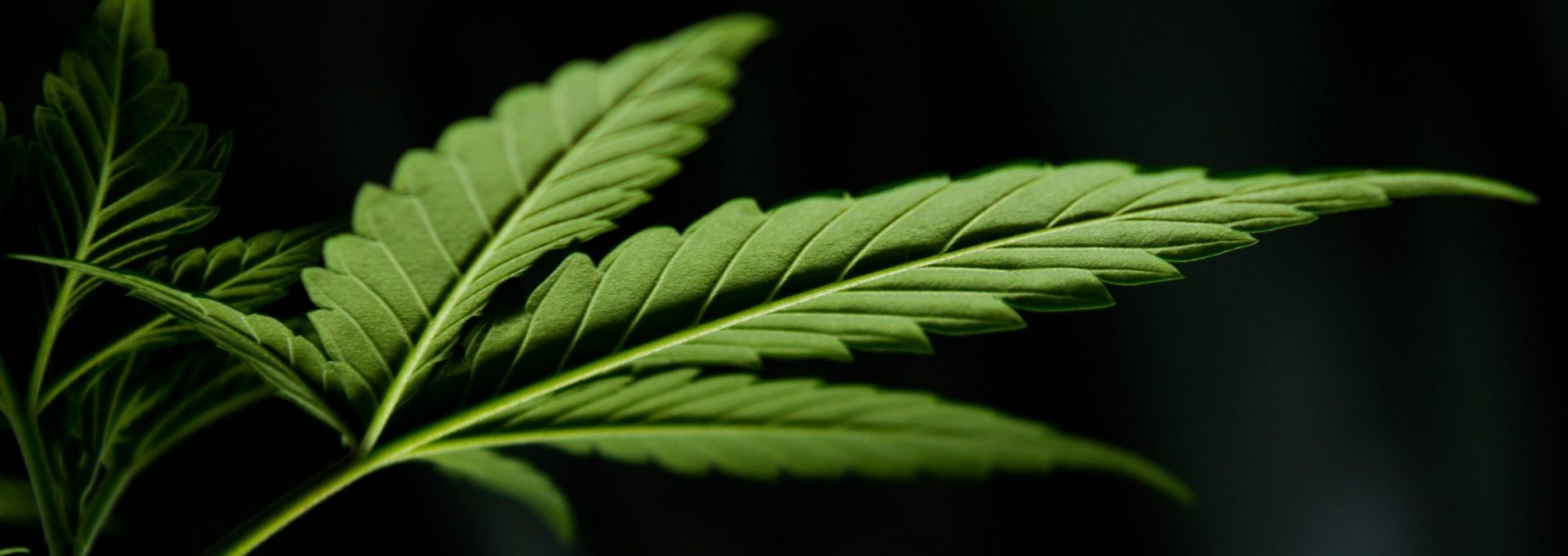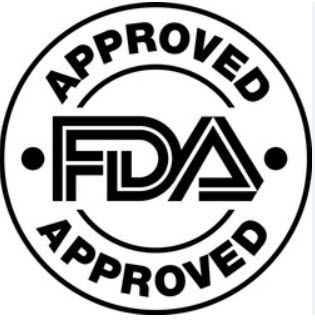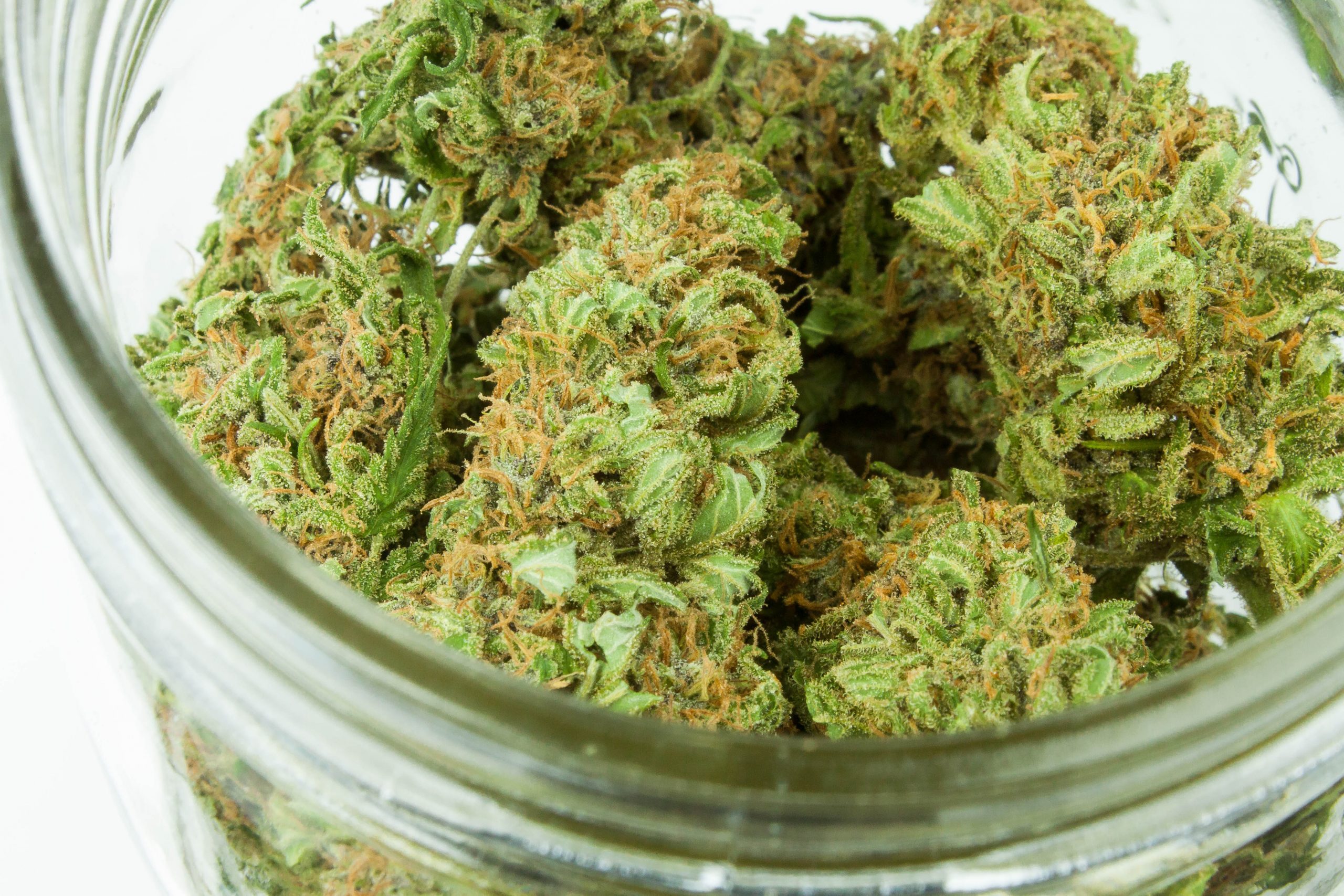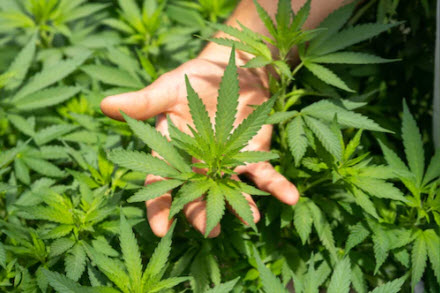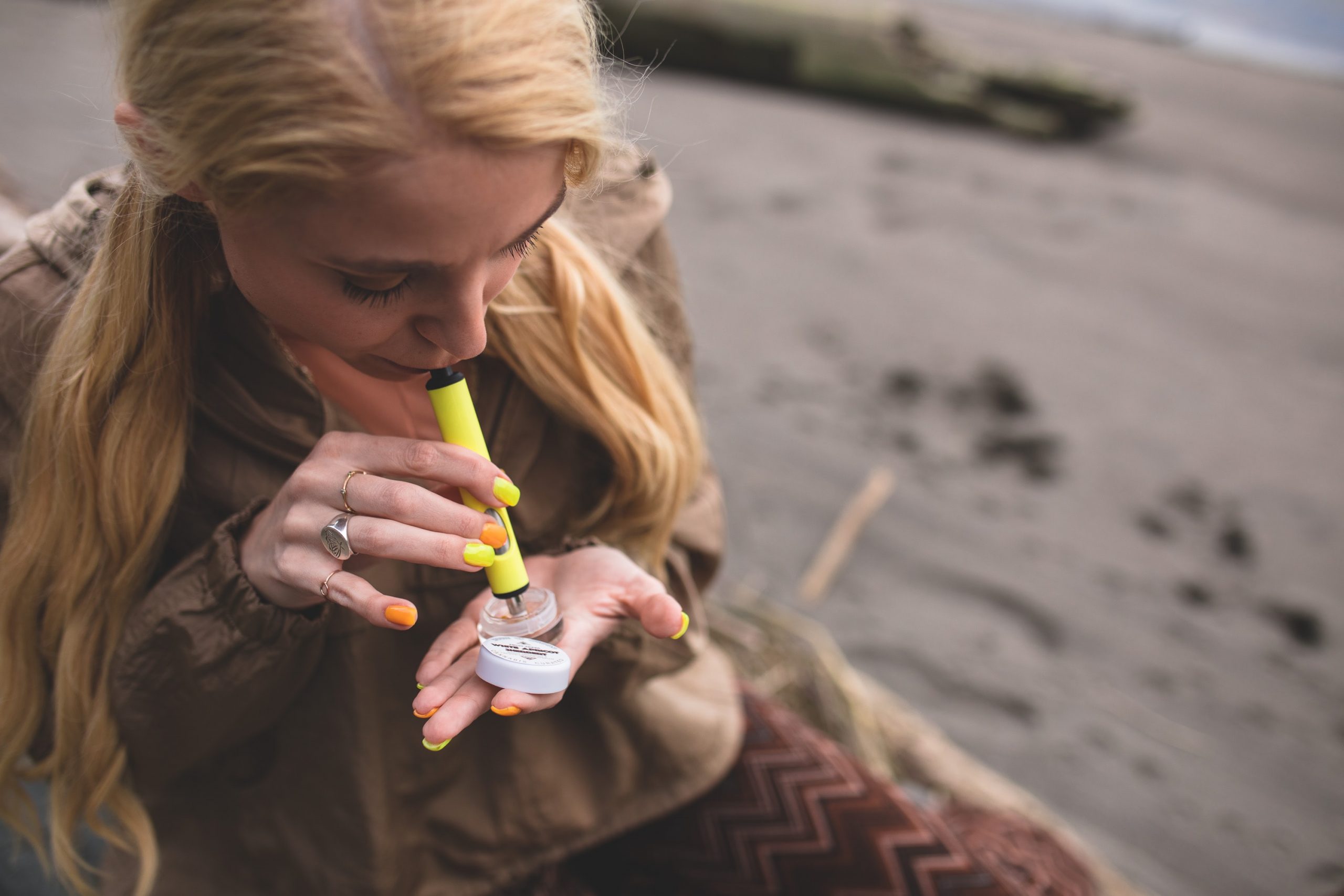In late January 2023, the FDA issued a press release claiming that the “existing regulatory frameworks for foods and supplements are not appropriate for cannabidiol” and that it would work with Congress to find a “new way forward.” But what does this bureau geek speak really mean? And why now?
In a written statement issued late last month, Janet Woodcock, MD, the Principal Deputy Commissioner of the FDA announced that the “high-level working group” within the agency had decided they would prefer to pass the buck of CBD regulation back to Congress.
According to Woodcock, “the FDA has concluded that a new regulatory path for CBD is needed that balances individuals’ desire for access to CBD products with the regulatory oversight needed to manage risks. The agency is prepared to work with Congress on this matter.”
However, that was not all. Woodcock also announced that the agency turned down “three citizen petitions that had asked the agency to conduct rulemaking to allow the marketing of CBD products as dietary supplements.”
Such developments are very strange according to industry insiders – but unfortunately par for the course. Why the agency would turn back to Congress for the same is bizarre – especially as it is a full five years after the agency was obliged by the 2018 Farm Bill to regulate CBD.
Yet the reality is, since then, the FDA has done literally nothing except delay and obfuscate.
A Negative Impact on The Industry
The refusal of the FDA to do its job has had a dramatically negative impact on the entire American hemp and CBD industry. It is also beginning to impact state-legal cannabis programs as well.
According to Lezli Engelking, the President and Founder of FOCUS – Foundation of Cannabis Unified Standards, “From a health and safety perspective, the most problematic aspect of FDA’s decision not to regulate CBD is that it took the agency almost 5 full years to reach that conclusion. FDA’s lack of action since the passage of the 2018 Farm Bill has already caused an immeasurable detrimental impact to society and created extensive risks to public health and safety that are sure to impact Americans for decades.”
She is not the only one to voice such critiques – or other equally salient ones.
´The lack of regulatory clarity has essentially slowed down institutional investment in the sector,” said Steve Bevan, a partner in OCan Group, and founder of both the US Hemp Roundtable and GenCanna Global, the first vertically integrated hemp CBD company in the US. “There is no excuse for this kind of delay, particularly given the interagency dialogue on the regulation of CBD over the past five to six years.”
Bevan has multiple examples, but the one that stands out for him most is the decision made by the Department of Health and Human Services (HHS) recommending to the Drug Enforcement Agency (DEA) that CBD be controlled under Schedule V of the Controlled Substances Act in May 2018, not because of health or safety concerns, but only because of treaty obligations. DEA concurred. As a result, the epilepsy drug Epidiolex was scheduled. However, far from consistency, this created a situation where, a mere several months later, DEA took the very rare decision to de-schedule CBD, thus also seeming to preclude its use in foods and beverages.
Since then however, the FDA has done everything it can to remove itself from that process.
But this ball dropping is nothing new. Hemp was actually included in the 2014 Farm Bill as a pilot program crop and the FDA began testing CBD as early as 2015. So far, the agency has never said that any product was “unsafe” because of its CBD content.
However, and far from a pro industry stance, there is one consistent policy to emanate from the FDA so far since 2018 and the passage of the last Farm Bill. The FDA reserved the right to enforce prohibitions on CBD in supplements and food products while at the same time, it has also delayed the release of guidelines for the industry. The most recent refusal came in April 2022.
The Follow Up
To try to understand the agency’s decision on a bit more granular basis, I contacted Courtney Rhodes, the FDA spokesperson.
This was her written response: “After careful review, the FDA has concluded that a new regulatory pathway for CBD is needed because of the potential risk of CBD to human and animal health, and the incompatibility of CBD with food and dietary supplement regulation. A new potential regulatory pathway would benefit consumers by providing safeguards and oversight to manage and minimize risks related to CBD products. The FDA is prepared to work with Congress to develop authorities for a new pathway that balances individuals’ desire for access to CBD products with the regulatory oversight to manage its risks.”
But what new pathway are they discussing? And further for what? The plant itself? Extracted products? They clearly believe that they do not understand how to create guidance on labelling and packaging – but isn’t this the FDA’s job? And even more pointedly, NOT Congress’?
Perhaps this is a plea for such regulatory muster to be written into the now pending 2023 Farm Bill Reauthorization.
But why?
Does The US Need a New CBD Agency?
On February 1, in frustrated response to the latest public statement by the FDA (now meeting in a closed-door meeting for its next discussion on CBD on March 7) industry leaders published a written rebuttal. According to Engelking in the piece, – the “FDA is correct…we absolutely do need a new Cannabinoid Regulatory Agency…we need an agency that can make decisions truly in the best interest of ALL Americans.”
Engelking is not alone in her calls for the FDA to do what it is supposed to be doing, but she is one of the most prominent voices in an industry now demanding change. “Prolific amounts of unsafe synthetic cannabis products are now being sold to uneducated consumers online and in every gas station and convenience store across the country,” she said.
Beyond this, as Bevan points out, the agency is also falling down when it comes to the regulation of CBD medicines by its refusal to create regulations for the industry. “How does one even begin to be able to prescribe a drug like Epidiolex when the FDA has refused to issue regulatory guidelines on the entire industry?” he asked.
Ball Drops and Obfuscation Everywhere
No matter how frustrating to the domestic industry, the current stance by the American FDA is remarkably aligned with what is going on elsewhere around the world right now. In Europe, for example, where the European Union has ruled that hemp with less than 0.03%THC is not a narcotic, in December, a German federal judge ruled against the sale of CBD flower with 0.02% THC. The defendants are facing federal drug charges. And this in a country now on the edge of what most believe is going to be widespread recreational cannabis legalization within the next 18 months.
Bottom line? Even though CBD was supposed to be the “easy” cannabinoid, it has turned out to be anything but. And when faced with the relatively simple task of normalizing a non-psychoactive compound into existing food and drug regulations, bureaucrats are running for the hills.
According to Engelking, “Prompt oversight and enforcement are desperately needed. Without it, things will only continue to get worse…but what reason does anyone have to believe prompt oversight and enforcement are coming? How much faith should any of us put in Congress to get this done effectively and efficiently? If public health was the concern, this wouldn’t have taken 5 years in the first place.”
